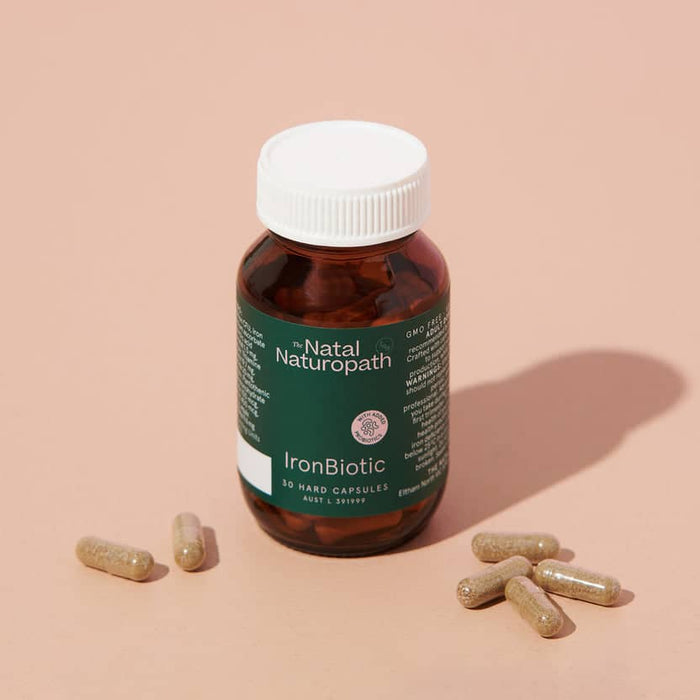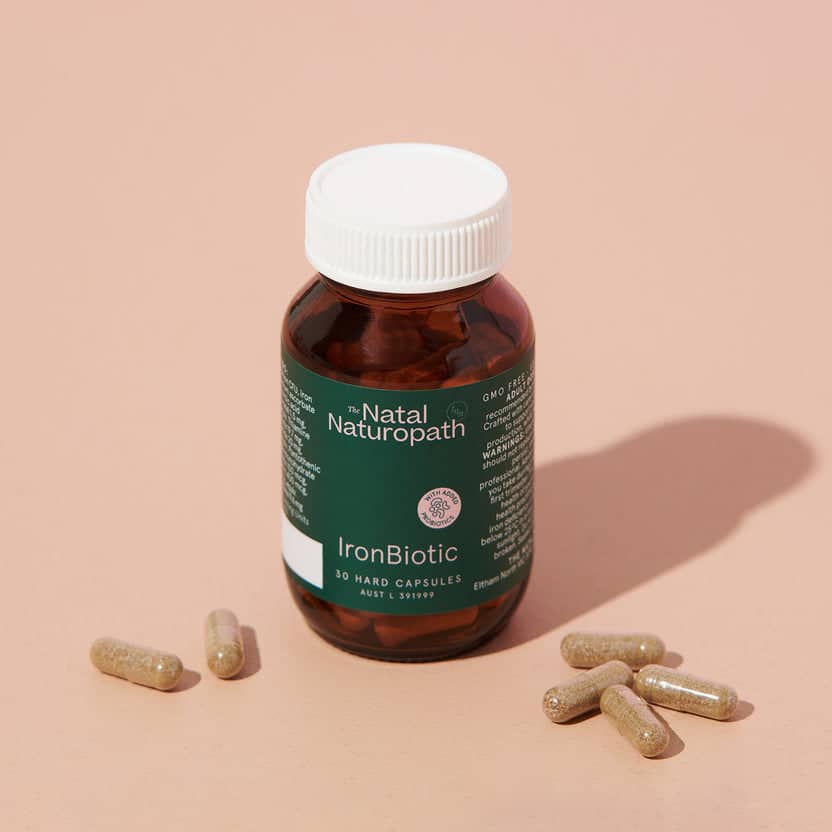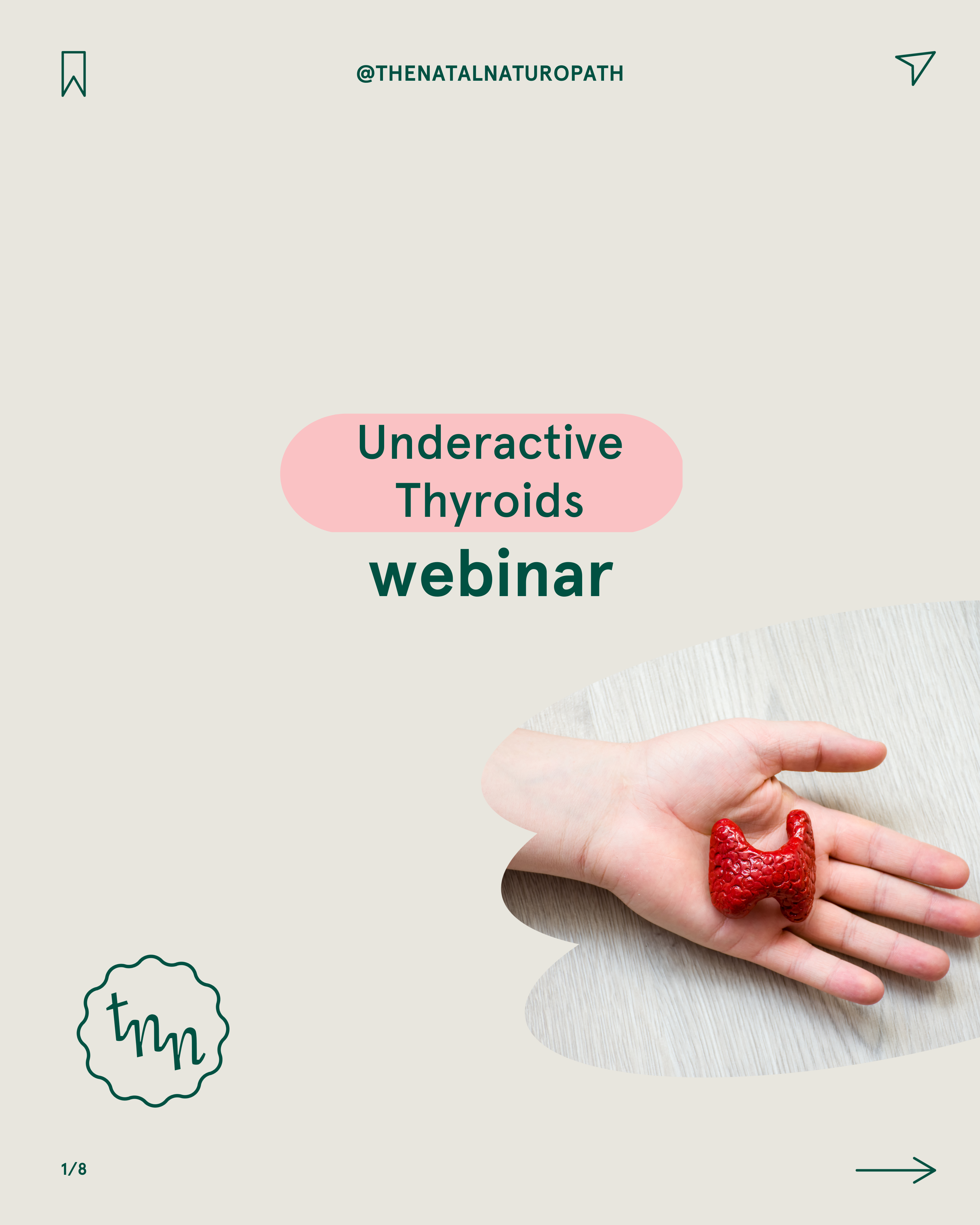Folic Acid vs Methyl-Folate: why is one better than the other?

Let’s start with the basics.
Folate is B9, that is found in a bunch of yummy foods - such as liver, dark leafy green vegetables, avocados, legumes, and asparagus. It enables our body to produce DNA and supports red blood cell formation and neural tube development, development of the central nervous system. As you’d expect, this is especially important when we’re trying to conceive.
Alternatively, folic acid is the synthetic form of B9 found in many multivitamins, fortified foods, and certain pharmaceuticals.
But here’s the thing: folic acid relies on our body converting it to methyl-folate to ensure our body can effectively absorb it and use it.
That means folic acid only works efficiently when our bodies are able to make this conversion happen (which isn’t the case for everyone). In fact, 1 in 3 women struggle with this process due to genetics.
Methylfolate is the biologically active form of folate, meaning it doesn't need to be converted into another form for the body to absorb it. By taking a methylfolate supplement instead of folic acid, you are bypassing the defective enzyme and providing the body with active folate that it can use right away.
Taking the bioavailable form of any nutrient guarantees that adequate amounts are being provided. About 40% to 60% of the population has genetic polymorphisms that impair the conversion of supplemental folic acid to its active form, l-methylfolate.
Why is Folic Acid in Most Multivitamins?
Folic acid is much cheaper to put into a vitamin than methylfolate.
It is found to prevent neural tube defects.
MTHFR- what?
Methylfolate supplements are generally recommended for people with a common genetic mutation called MTHFR.
1 in 3 women are shown to have this specific gene variant that impacts how we process folate. This gene provides instructions to your body to make an enzyme that converts folic acid into the active form, L-methylfolate. If you have two genetic mutations in your MTHFR gene (as seen in 25 percent of Hispanics and 10 percent of Caucausians and Asians), your ability to convert folic acid into the active form is reduced by an estimated 70 percent
if an individual has a MTHFR gene mutation, then dietary folate and folic acid supplements may not be converted to the active forms such as folinic acid and methylfolate sufficiently.
References:
https://pubmed.ncbi.nlm.nih.gov/28689805/
https://www.ncbi.nlm.nih.gov/pubmed/14985224/
https://www.ncbi.nlm.nih.gov/pmc/articles/PMC3250974/
https://www.ncbi.nlm.nih.gov/pubmed/20608755?dopt=Abstract
https://pubmed.ncbi.nlm.nih.gov/23482308/
https://www.pregnancybirthbaby.org.au/folate-and-pregnancy
https://ods.od.nih.gov/factsheets/Folate-Consumer/
https://www.healthdirect.gov.au/folate
https://pubmed.ncbi.nlm.nih.gov/20608755/
https://pubmed.ncbi.nlm.nih.gov/24494987/
https://www.cdc.gov/ncbddd/folicacid/mthfr-gene-and-folic-acid.html
https://www.ncbi.nlm.nih.gov/pmc/articles/PMC1712549/
https://efsa.onlinelibrary.wiley.com/doi/epdf/10.2903/j.efsa.2022.7452
https://www.eatforhealth.gov.au/nutrient-reference-values/nutrients/folate





 You're only $120.00 away from unlocking free shipping
You're only $120.00 away from unlocking free shipping



